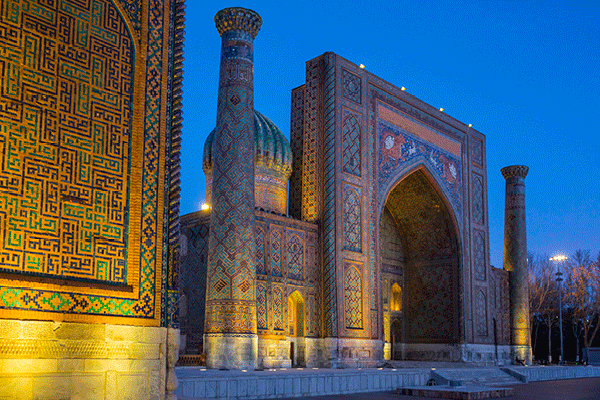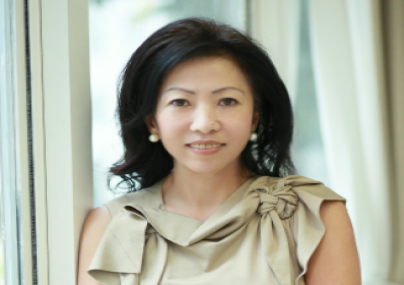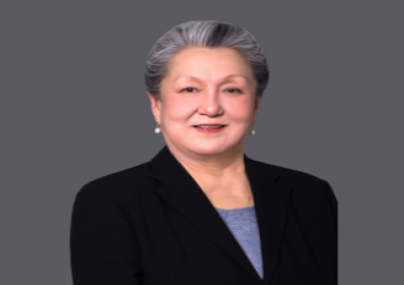This article first appeared on January 16, 2018 in ALB Insights, a weekly, ad-free newsletter that is sent to subscribers.
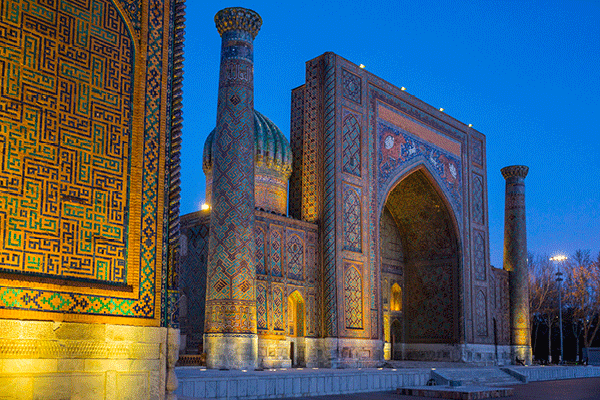
As South Korea and Uzbekistan’s diplomatic relationship strengthens, it is expected to give rise to an increased demand for legal services related to the Central Asian country. However, only one South Korean firm is in Uzbekistan now, and it hasn’t always found the going easy, reports John Kang.
The surprisingly warm diplomatic relationship between South Korea and Uzbekistan – which goes back more than a quarter-century – recently got even warmer. In late November, Uzbek President Shavkat Mirziyoyev visited Seoul, signing deals worth almost $9 billion that mainly focused on energy, banking, and infrastructure.
Korean conglomerates, state-run companies and financial institutions are actively entering Uzbekistan – the largest market in Central Asia with more than 30 million people, and an abundance of natural resources – and with that is growing the demand for legal services between two countries on the opposite sides of Asia.
Despite all major Korean law firms doing at least some Uzbekistan work, only Yoon & Yang has on-the-ground presence in the country with an office in Tashkent, the country’s capital city.
Other Korean firms, such as Yulchon and Jipyong, do Uzbekistan work from a base in Russia. Firms like Shin & Kim and DR & AJU also work from Korea, but with help from the Moscow Investment & Export Promotion Agency and the Moscow Office of the Association of Lawyers of the Russian Federation, respectively.
For Yoon & Yang, it all started with one domestic client, which was involved in a major real estate development project in Tashkent in 2008. The Korean firm provided on-site legal support for the project, which eventually led to the opening of the office.
The Tashkent office provides legal services to Korean companies making investments in Uzbekistan – as well as Russia and other Commonwealth of Independent States countries like Kazakhstan and Azerbaijan – and developing natural resources and real properties, social overhead capital projects, and M&A, among others.
It is headed by senior foreign (Russian) attorney Hanchil Kim, who is assisted by Uzbek attorneys Sanjar Alimov and Isroil Khujaqoolov.
“Although some Korean law firms are advertising that they can provide legal advice in connection to Uzbekistan from their offices in Russia, we believe that this is not easy to do without a thorough understanding of Uzbekistan,” says Yoon & Yang’s Hanchil Kim. “In particular, despite the similarities between the legal system of Uzbekistan and that of Russia, it is not possible to provide the required legal advice to clients without understanding the unique characteristics of Uzbekistan’s legal, social, political and economic circumstances.”
UNIQUE CHARACTERISTICS
It’s not easy to navigate through the bureaucracy of any foreign government, and the Uzbek government is no exception, shares Kim.
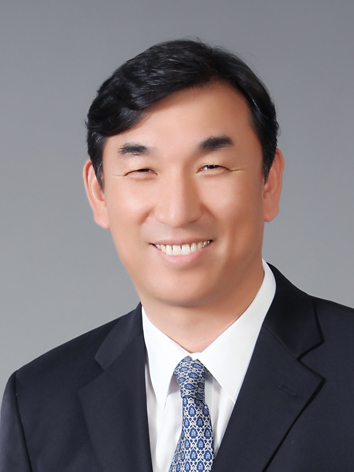
“In Uzbekistan, many matters require close cooperation with the public officials, and it is important to respect and understand such officials in asking for their assistance or approval,” he says. “As a foreigner, I have learned from numerous interactions with Uzbek authorities that approaching public officials with an open mind and a sincere attitude helps tremendously in resolving difficult issues.”
Another challenge for foreign lawyers there is Uzbekistan’s foreign exchange market issues, which has hindered companies in the landlocked nation.
Foreign companies have largely stayed out of the resource-rich nation because decades-old regulations there forced most businesses to sell foreign currency at a knockdown official rate while buying it at a much more costly one.
“In particular, many Korean companies in Uzbekistan had issues in regard to delayed payment by their Uzbek partners due to insufficient foreign currency reserves in Uzbekistan,” says Kim. “This issue has been a roadblock for many Korean companies interested in expanding their Uzbekistan-related businesses, which in turn resulted in slow growth for demand of legal services in Uzbekistan.”
For example, until September last year, many companies had to wait a year or two to exchange Uzbek currency to a foreign currency after submitting applications, albeit with some variations among different industries, he shares.
“Such long waiting periods led to a discrepancy between the official exchange rate and market exchange rate, and the latter was sometimes twice as high as the official exchange rate,” he says. “Thus, the foreign exchange rate issue served as a significant obstacle prohibiting the economic development of Uzbekistan in the past.”
But that foreign exchange issue is being fixed. Uzbek President Shavkat Mirjiyoyev, who was newly sworn in last December, adopted many pro-market economic policies in various areas since his inauguration, notes Kim.
“In particular, he liberalized the foreign exchange market in September 2017 through a presidential decree. Therefore, foreign investors can now freely exchange foreign currencies in Uzbekistan,” he says. “The liberalization of the foreign exchange market has prompted many foreign companies, not just Korean companies, to enter Uzbekistan.”
To contact the writer, please email john.kang@tr.com.
